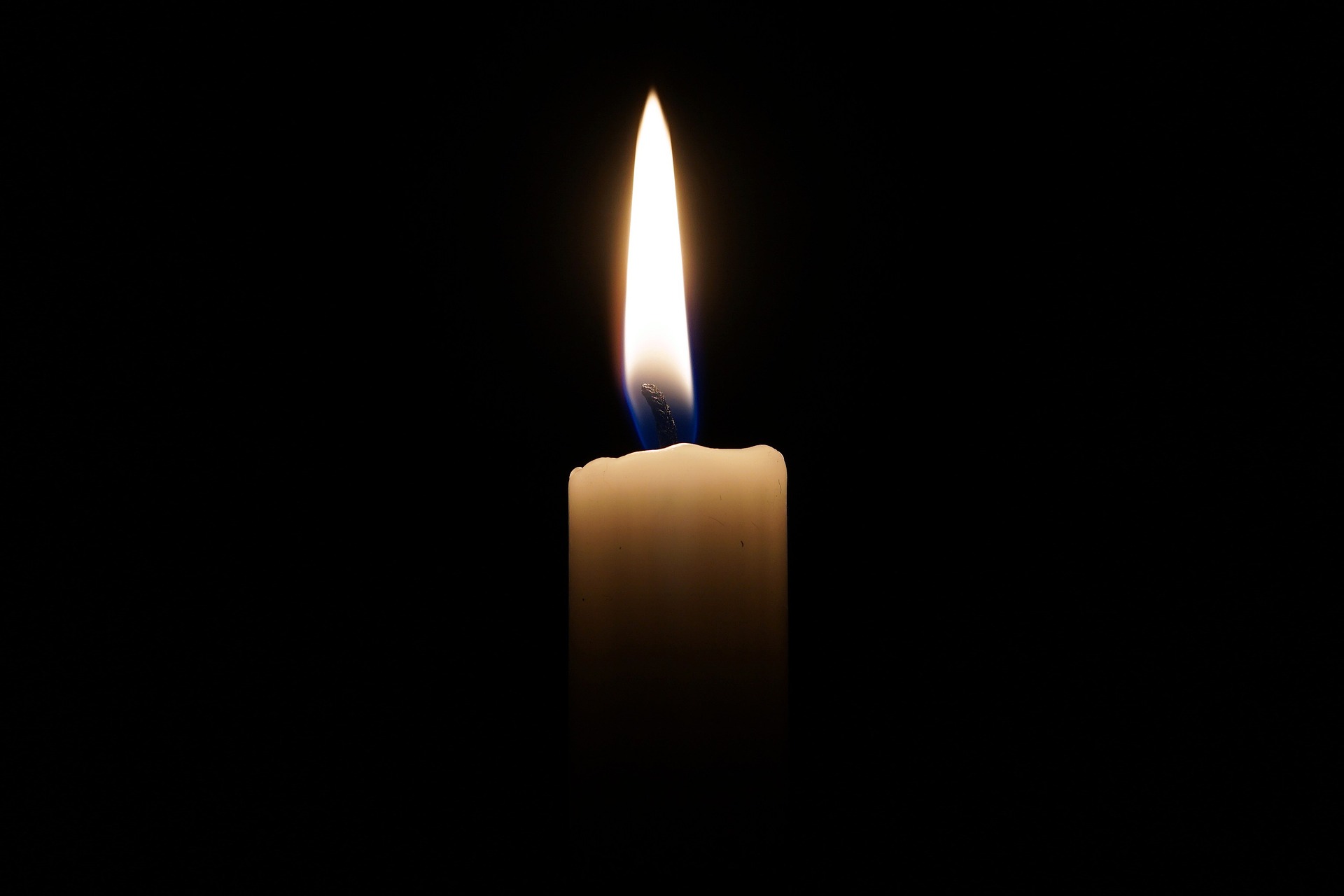
As of July 2020, over 130,000 Americans have died of COVID-19 – and all signs point to the sad reality that many more lives will be lost before a vaccine can be developed, let alone distributed.
We don’t need to tell you how irrevocably life in the United States has changed in the past few months. And although you are probably focused on the day-to-day challenges of living through a pandemic – finding new career paths, reassuring your children, and making sure everyone in your household stays healthy and safe – there is one other responsibility you need to take care of: putting your affairs in order.
It’s not the most pleasant topic to broach, but it is important. For the sake of your spouse, children, and extended family members, take a look at the following checklist and get started before it’s too late.
Gather Your Important Papers
Whether you use an actual file folder or a file stored on your computer or in the cloud, gather up all of your important information and dedicate a space to it. Then tell your closest family members or friends where those documents can be found – including the password, if necessary.
Here are the basic documents that you should include in this file:
- Birth certificate
- Passport
- Social Security information
- Marriage certificate(s) and divorce decree(s)
- Military discharge papers
- Your will and copies of any advance directives
- Financial account information
- Property and income tax paperwork
- Copies of any insurance policies
- The names and contact information of any professionals or personal contacts who should be notified of your death
Don’t forget to include a copy of your will and the location of (and key to) any safe deposit boxes. However, don’t leave burial instructions or healthcare proxy documentation in the safe deposit boxes, as they may be needed before the boxes can be accessed.
Make a Will
If you do not yet have a will, now is the time to rectify that. Even if you think you don’t own anything of value, it’s nevertheless a good idea to draw up a will in order to make your wishes known. People who have minimal assets and therefore a simple estate can use a free or low-cost form online, but it’s always best to have an estate attorney assist you with your last will and testament – just to err on the side of caution.
Of course, a will should specify instructions about allocating your assets and property, including any sentimental items that you may want to leave to loved ones. You’ll also want to set out your desires for what happens to you after death: what kind of memorial service you’d like, whether your body should be cremated, buried, or donated to science, and so on.
“If you die without having drawn up a will, the devastation felt by your loved ones is only going to be made that much worse,” says a probate attorney with Werner Law Firm. “One of the greatest gifts you can leave your spouse or children is to have every I dotted and every T crossed, so that they can focus on grieving and healing rather than fighting their way through legal red tape.”
Set Up Advanced Directives
Documents known as advanced directives are necessary in the event that you are too ill or otherwise incapacitated to make your wishes known. A living will should spell out your healthcare decisions. A durable power of attorney for health care names an individual who can make those decisions on your behalf. If you opt for the latter, make certain that the person you choose is willing to accept that responsibility, and knows what your wishes are.
A durable power of attorney for legal affairs is essentially the same role, but in a non-medical capacity. Should your ability to make legal decisions be compromised due to illness, dementia, coma, etc., your durable power of attorney will make legal decisions on your behalf.
Consider Your Unfinished Business
At the risk of sounding crass, this is also a good time to think about a “bucket list” – but this type won’t consist of dream vacation destinations or experiences like bungee jumping or seeing a Broadway show. It’s more personal than that.
Ask yourself if there are any apologies or amends you’d like to make. Maybe you had a falling out with a family member or dear friend, but now feel that you want to bury the hatchet. Or possibly you have stories that you want to preserve for future generations, but haven’t yet told or documented. One great way to do that is to record your oral history through StoryCorps.
Think about writing letters or making audio or video recordings for your children and other loved ones to receive after your death. These could be intended for special occasions such as graduation, milestone birthdays, or wedding days, but they don’t have to be. A letter or video expressing your love and telling them what they have meant to you will be cherished.
Get creative, too. If you did all the cooking for your family, you can compile all their favorite recipes in a beautiful notebook as a keepsake. Or write a list of the best advice, guiding wisdom, life mottos, or mantras you’ve come to rely on over your lifetime.
Wrapping Up
People who are relatively young and healthy might not want to spend their valuable time focusing on or preparing for their death. That’s understandable. But if anything is certain, it’s that life is unpredictable—perhaps now more than ever before. Considering end-of-life planning as an important part of being a good spouse, parent, child, or friend can help you understand just how crucial it is.
Have you made a will or named a healthcare proxy yet? What sentimental personal items are you planning on passing down to your children or grandchildren? Let us know in the comments.
